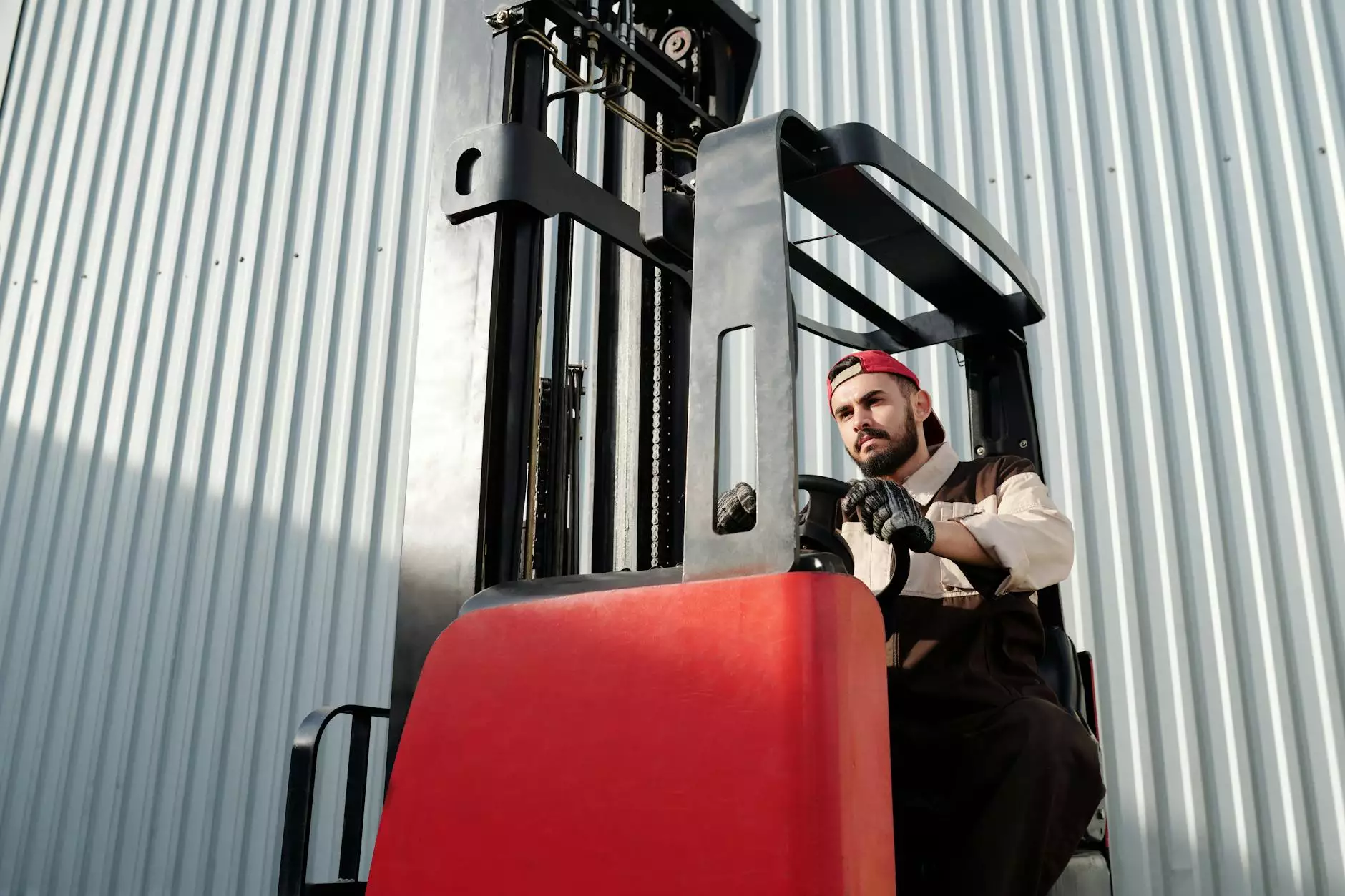The Importance of Cold Chain Logistics in Modern Business

Cold chain logistics is a critical component in the supply chain that ensures the quality and safety of perishable products. This system involves a series of temperature-controlled supply chain processes that manage the production, storage, and distribution of food, pharmaceuticals, and other sensitive items. In this article, we will delve deep into the aspects of cold chain logistics, with a particular focus on refrigeration equipment, and how businesses can leverage these systems to enhance their operations.
Understanding Cold Chain Logistics
Cold chain logistics refers to the practice of maintaining a specific temperature range throughout the supply chain to preserve the integrity and safety of goods. This system is essential for various industries, including food and beverage, pharmaceuticals, and healthcare. Without proper cold chain management, products can spoil, lose efficacy, or become hazardous, leading to significant financial losses and safety concerns.
Key Components of Cold Chain Logistics
Several components make up an effective cold chain logistics system:
- Temperature-Controlled Transportation: Vehicles equipped with refrigeration systems ensure products are maintained at required temperatures during transit.
- Refrigeration Equipment: This includes everything from industrial freezers and chillers to specialized storage facilities that keep products at regulated temperatures.
- Monitoring Systems: Advanced technologies, such as IoT sensors, help monitor temperature and humidity levels throughout the supply chain.
- Staff Training: Employees must be trained on the importance of temperature control and the proper handling of perishable items.
The Role of Refrigeration Equipment
Refrigeration equipment forms the backbone of cold chain logistics. The choice of refrigeration solutions can significantly affect the efficiency of cold chain operations. Here, we explore various types of refrigeration equipment and their applications:
Types of Refrigeration Equipment
1. Industrial Freezers
Industrial freezers are essential for long-term storage of frozen products. They operate efficiently at low temperatures and are designed to handle large volumes. Businesses in the food sector often use these freezers to maintain the quality of meat, fish, and frozen vegetables.
2. Walk-in Refrigerators
Walk-in refrigerators provide ample storage space for businesses needing substantial chilled storage. These units are versatile for both food storage and pharmaceuticals, enabling ease of access while maintaining critical temperature levels.
3. Refrigerated Transport Vehicles
Transport vehicles can be equipped with a variety of refrigeration technologies, from small vans with portable coolers to large trucks with advanced refrigeration units. Maintaining the correct temperature during transport is vital for protecting perishable goods.
4. Blast Freezers
Blast freezers are used to quickly freeze food products, minimizing the formation of ice crystals and preserving texture and flavor. This equipment is especially beneficial for bakeries and restaurants that need to freeze large batches of food quickly.
Importance of Choosing the Right Equipment
Choosing the suitable refrigeration equipment is critical for business operations. Here are factors businesses should consider when selecting refrigeration solutions:
- Energy Efficiency: Look for equipment that minimizes energy consumption, reducing operational costs.
- Capacity and Size: Assess your storage needs carefully to choose appropriately sized units that fit your business model.
- Durability and Maintenance: Invest in high-quality equipment that requires less frequent repairs and offers longer life spans.
- Technological Integration: Prioritize equipment that allows for easy monitoring and automation to streamline operations.
Benefits of an Efficient Cold Chain System
Investing in a robust cold chain logistics system, including efficient refrigeration equipment, presents numerous benefits:
1. Enhanced Product Quality
By maintaining consistent temperature control, businesses can ensure that products retain their quality, leading to satisfied customers and reduced waste.
2. Regulatory Compliance
Many industries, particularly food and pharmaceuticals, are subject to strict regulations regarding temperature control. Effective cold chain logistics helps businesses comply with these regulations.
3. Reduced Costs
By minimizing spoilage and waste through proper cold chain management, businesses can significantly reduce operational costs associated with product loss.
4. Improved Safety
Managing the temperature of perishable items reduces the risk of contamination and foodborne illnesses, ensuring customer safety and trust.
Challenges in Cold Chain Logistics
Despite the advantages, businesses face challenges in effectively managing cold chain logistics. Identifying and addressing these challenges is vital for success:
1. Temperature Fluctuations
Temperature fluctuations can occur during transportation and storage. Implementing real-time monitoring systems can help mitigate this risk.
2. Equipment Failures
Malfunctioning refrigeration equipment can lead to product loss. Regular maintenance checks and investing in reliable equipment are crucial to avoid such issues.
3. Supply Chain Disruptions
Natural disasters, accidents, or other unforeseen circumstances can interrupt the cold chain. Contingency planning and alternate arrangements are necessary to minimize disruption impacts.
Future Trends in Cold Chain Logistics
As businesses evolve, cold chain logistics must adapt to meet new demands. Here are some emerging trends:
1. Adoption of IoT and Smart Monitoring
The Internet of Things (IoT) is revolutionizing cold chain logistics by allowing businesses to monitor temperature and humidity in real-time, improving overall efficiency.
2. Automation and Robotics
Automation in warehouses and transport systems can enhance operational efficiency, reduce human error, and lower costs.
3. Sustainable Practices
With heightened awareness around environmental issues, many companies are seeking sustainable refrigeration solutions that lower energy consumption and reduce their carbon footprint.
Conclusion
Cold chain logistics is indispensable for businesses dealing with perishable products. Understanding the importance of refrigeration equipment and implementing effective cold chain management practices can substantially improve product quality, regulatory compliance, and operational efficiency. As the industry continues to evolve, staying informed and adaptable will be crucial for maintaining a competitive edge.
Explore more about cold chain logistics and refrigeration solutions at first-coldchain.com.
https://www.first-coldchain.com/


